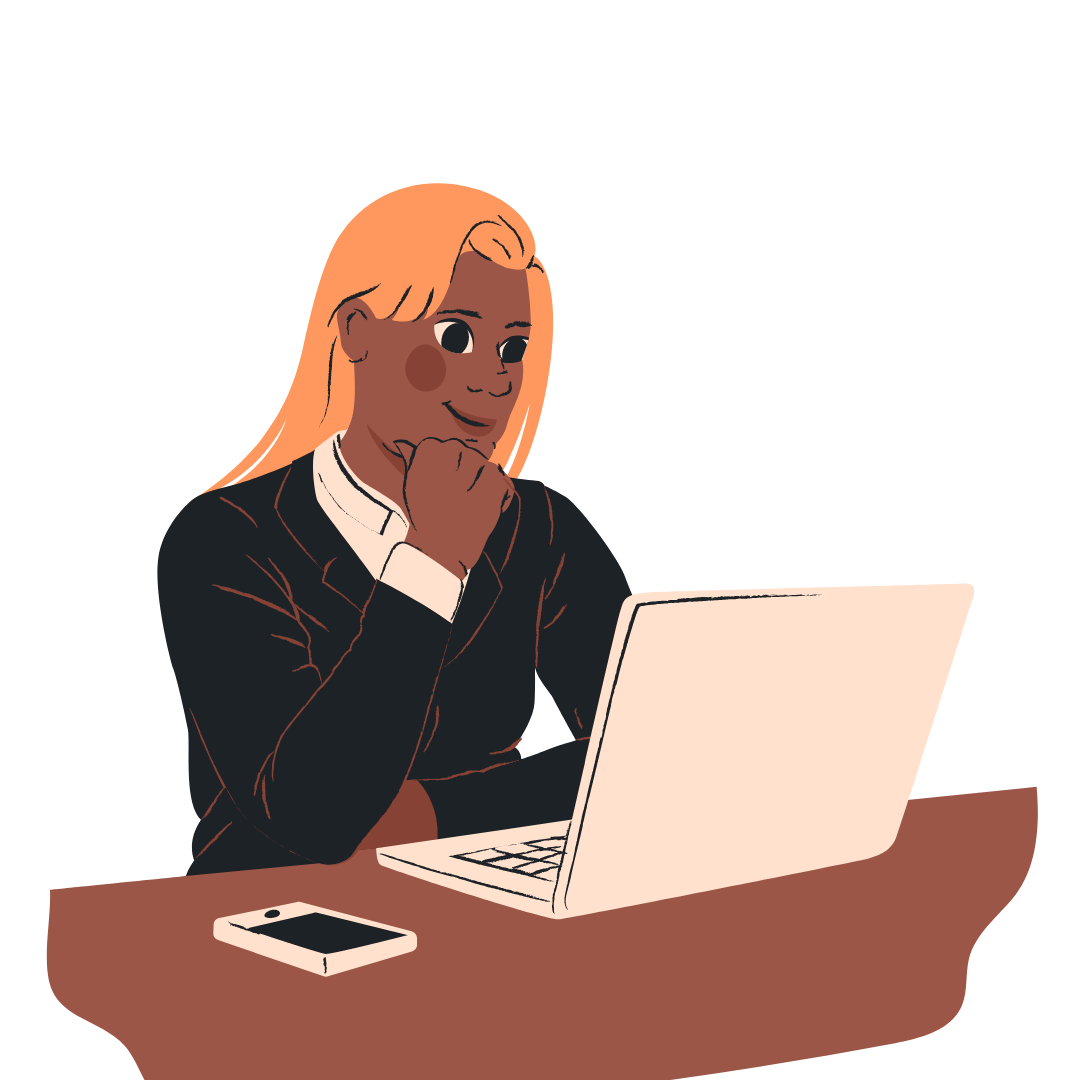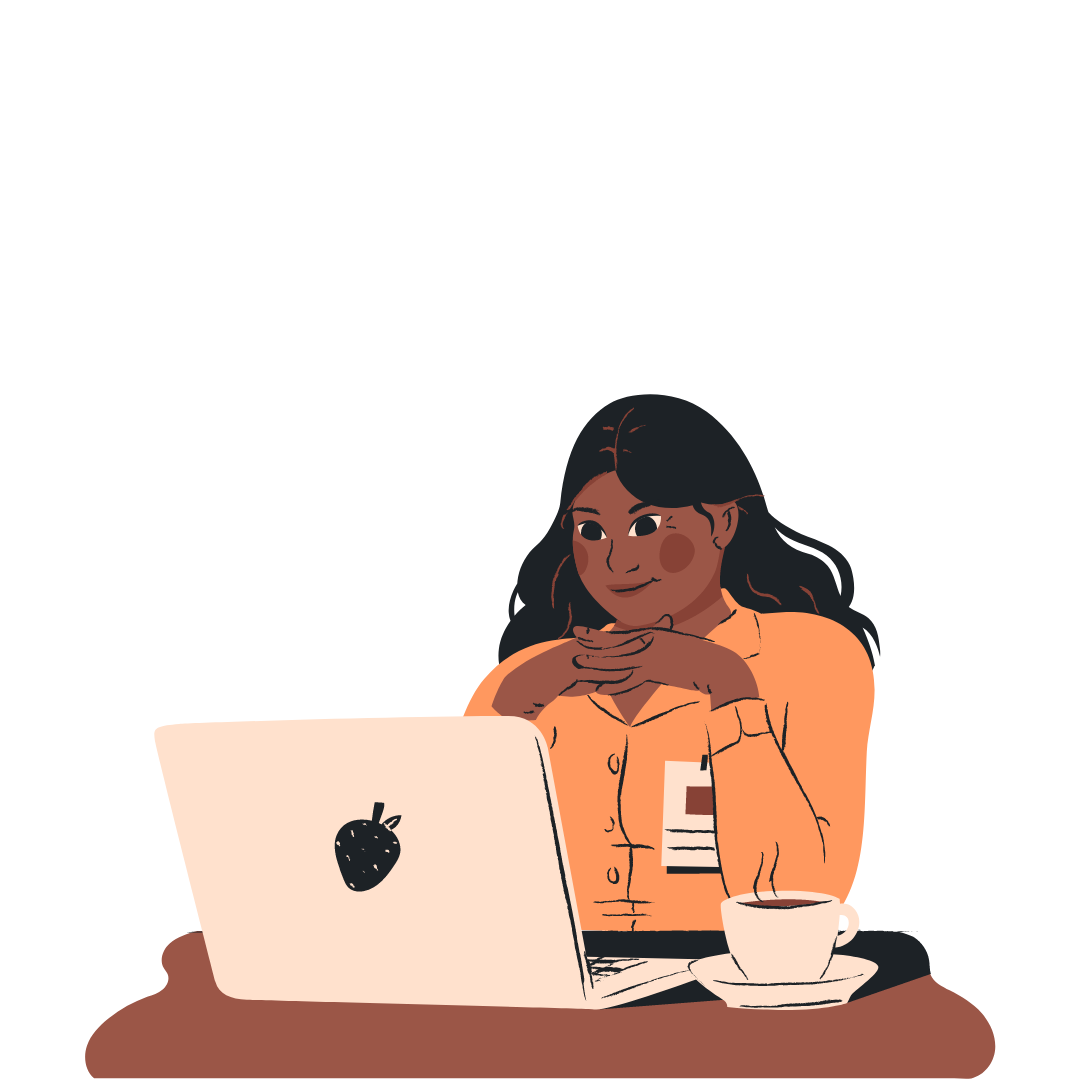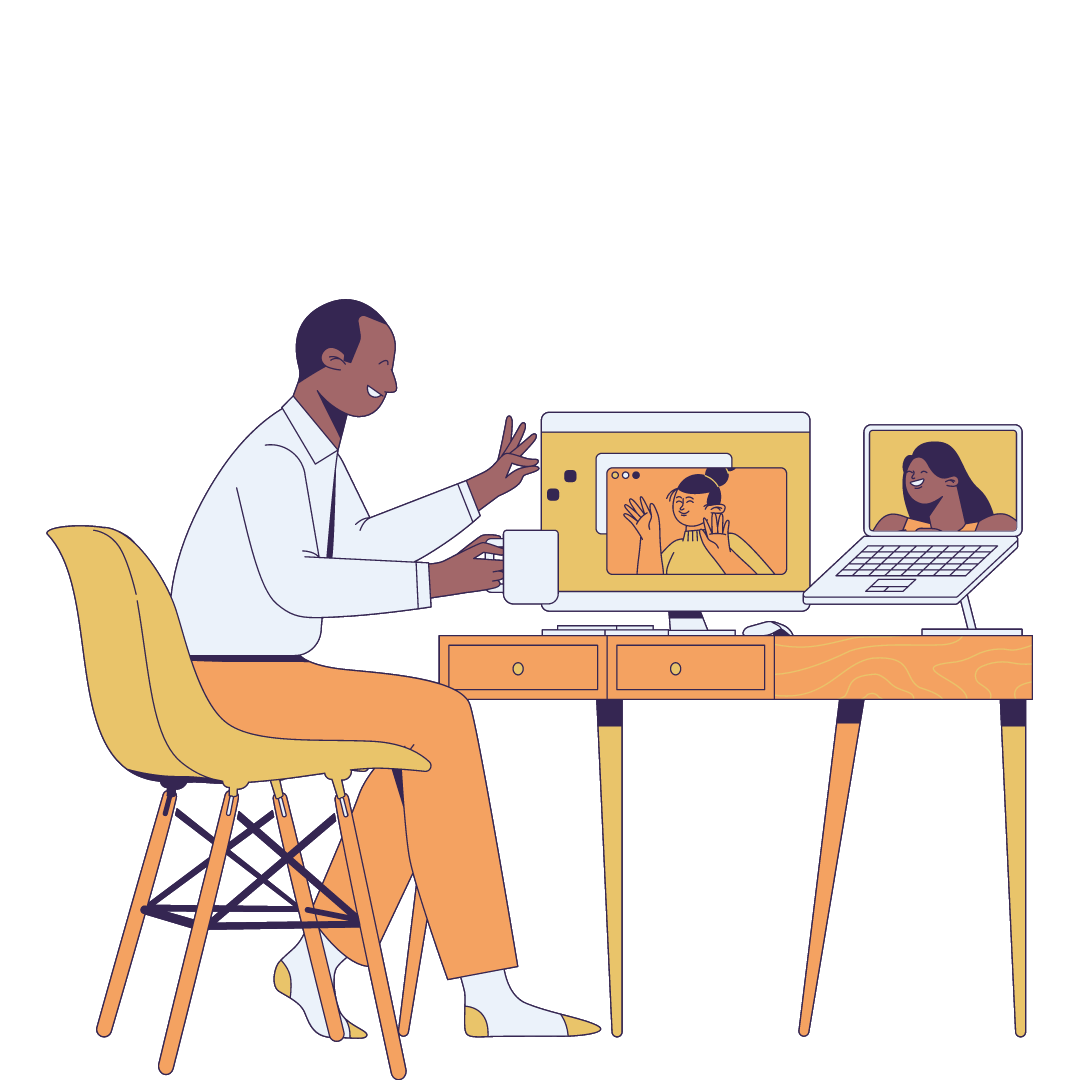Zoom Fatigue: Why Video Calls Feel Draining, And What To Do About It

Do you feel absolutely drained and exhausted after a work video call or conference? Although it may not count as a formal diagnosis, this refers to Zoom Fatigue. According to Krystal Jaggo, MSW, RSW, it feels similar to what we tend to think of as exhaustion or burnout. Also, a lot of it comes down to the increased cognitive demands of video conferencing communication. The COVID-19 pandemic bringing an entirely new meaning to the phrase “digital world.”
It basically means that your brain used too much power. And, sure, definite benefits exist to things like Zoom, Skype, and FaceTime. It also allows people to safely connect face-to-face. Aside from that, it also makes certain jobs accessible – especially for those with chronic health conditions. However, every good thing has a cost. Even Stanford researchers have a warning for you: These video calls are likely tiring you out.

Zoom Fatigue: Why Video Calls Feel Draining, And What To Do About It
Work-based burnout is nothing new. Especially, when you work in a service-based career. On top of the usual work-related stress, the pandemic caused everyone’s mental health to go array. Yet, most corporate companies expect their employees to continue working as if nothing has happened. The COVID-19 pandemic has affected lives. And, it comes naturally that work interactions get affected. The tell-tale signs of tradition include feeling apathetic and generally exhausted. Aside from that, having reduced work experience also comes into effect.
Here are potential signs that this specific problem has set in:
Zoom Fatigue has very similar ways of showing up like work-based burnout. Of course, the primary difference that it actually contributes to overall burnout. And, it also tends to related to an overuse of virtual meetings.
- Do you find yourself avoiding, canceling, or rescheduling video conference calls?
- Have you noticed that after a meeting, you feel incredibly tense or tired?
- Has switching to Zoom meetings impaired your ability to multitask or handle work responsibilities?

So, why are virtual meetings so exhausting?
1 | Your brain has to work harder.
You have to work harder to read people’s facial expressions and decode their tone through a computer screen. Although you don’t consciously realize it, it takes more effort to have conversations through Zoom than it does in real life. As far as technology has come, slight delays for verbal responses during virtual connections also exist. Of course, this can strain your ability to interpret the words of the person you’re talking to.
Stanford professor Jeremy Bailenson examined the psychological consequences of spending hours per day on Zoom.
“Videoconferencing is a good thing for remote communication, but just think about the medium – just because you can use video doesn’t mean you have to.”
“Social anxiety of public speaking is one of the biggest phobias that exist in our population. When you’re standing up there and everybody’s staring at you, that’s a stressful experience.”
“You’ve got to make sure that your head is framed within the center of the video. If you want to show someone that you are agreeing with them, you have to do an exaggerated nod or put your thumbs up. That adds cognitive load as you’re using mental calories in order to communicate.”
2 | The expectation to remain ‘on’
There are companies that have very weird expectations with working from home, pandemic concerns aside. Some companies require their employees to dress as if they have come to work. Meanwhile, others forbid employees from taking calls in their bedrooms. Of course, this is not ideal if you live in a tiny studio or have roommates. Then, random Zoom calls pop up unannounced. It’s one thing to stroll into a conference room when you’re already in the office. However, having to suddenly prime yourself and your home for unexpected team meetings is completely different. Aside from that, seeing yourself during video chats constantly in real-time fatigues you.
“In the real world, if somebody was following you around with a mirror constantly – so that while you were talking to people, making decisions, giving feedback, getting feedback – you were seeing yourself in a mirror, that would just be crazy. No one would ever consider that… It’s taxing on us. It’s stressful. And there’s lots of research showing that there are negative emotional consequences to seeing yourself in a mirror.”
3 | Work-life balance and home life interference
Due to some of these expectations, sometimes bits of your home life show up during meetings. For example, I live with my niece, and sometimes, she would like to insert herself in video calls. Especially, when I have to show my face. She wants to see her face on the screen, as well. I had to talk about campaigns while she cries or my sisters argue in the background. Balancing work with the rest of my life is already hard enough as it is. However, working from home adds a new layer to the challenge.

Here’s how to handle Zoom Fatigue:
Video calls are not going anywhere. There are things you can do to take back some control and not feel so drained after a Zoom meeting.
1 | It’s okay to tap out.
2 | Schedule Zoom meetings for things you actually want to do. Like, catching up with family, watching a movie with your best friend, learning a new craft.
3 | If it isn’t mandatory, turn your video off.
4 | Figure out a format that works best for you.
Angela Grace P. Baltan has been writing professionally since 2017. She doesn’t hesitate to be opinionated in analyzing movies and television series. Aside from that, she has an affinity for writing anything under the sun. As a writer, she uses her articles to advocate for feminism, gender equality, the LGBTQIA+ community, and mental health among others.





